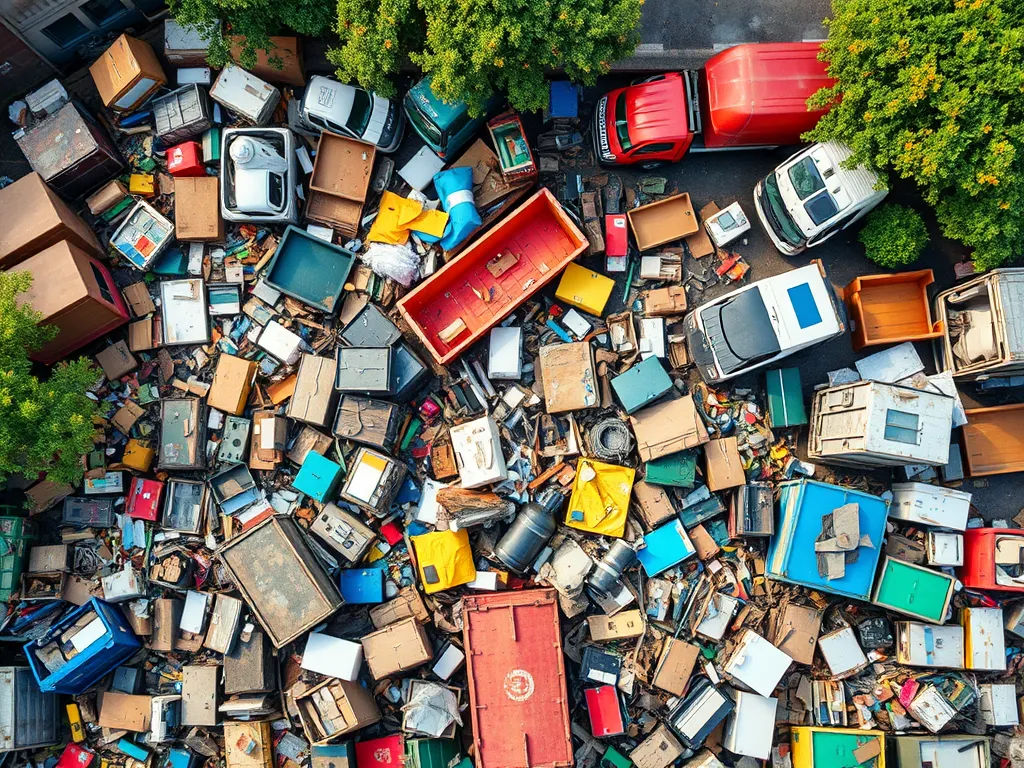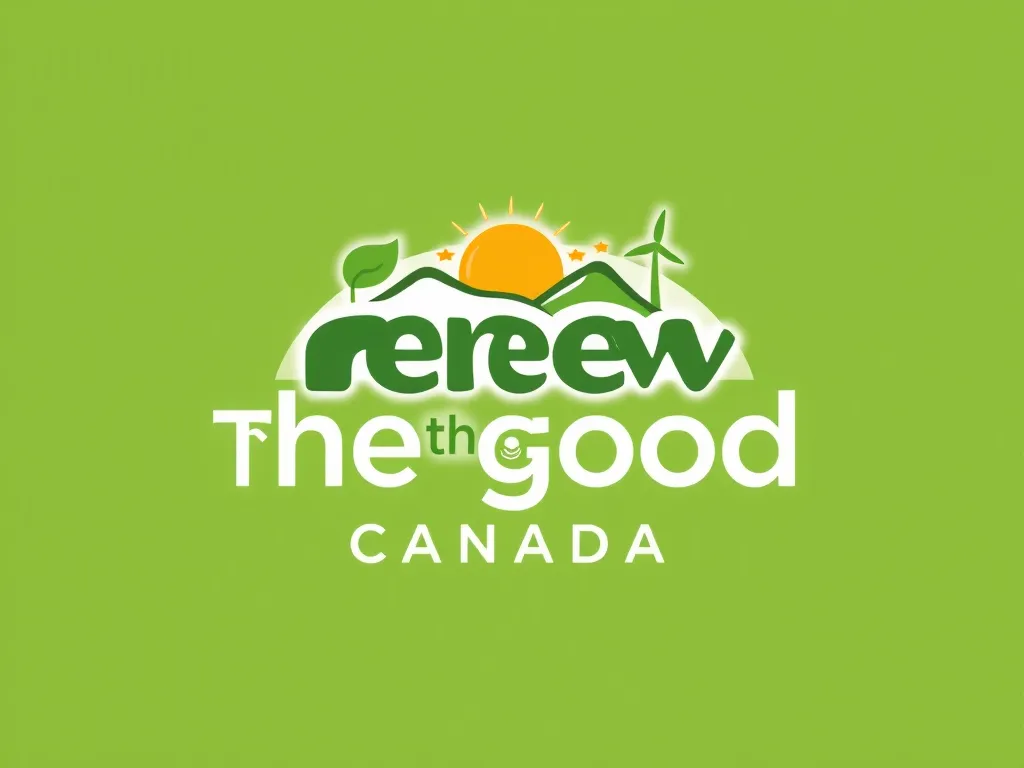Exploring Trends in Junk Removal Industry: What to Know

The Ever-Growing Junk Removal Industry: Trends, Sustainability, and Future Directions
The Junk Removal Industry has seen significant growth in recent years, primarily driven by urbanization and increased awareness of the environmental implications of waste disposal. As homes and businesses generate more waste, the demand for junk removal services has surged. This sector not only focuses on decluttering spaces but also plays a crucial role in promoting sustainable waste management practices. The need for efficient junk removal has become a pivotal point for various stakeholders, including homeowners, businesses, and environmentalists alike, thus shaping the future of the Junk Removal Industry.
A key factor spurring the growth of the Junk Removal Industry is the increasing amount of waste generated from construction sites, home renovations, and office relocations. This uptick in waste creation necessitates reliable junk removal services to ensure that materials are disposed of safely and responsibly. Moreover, consumers are becoming more conscious of their waste management habits, prompting many to seek out professional services that prioritize eco-friendly disposal methods. This growing consumer demand supports the expansion of the Junk Removal Industry, enabling it to adapt and thrive amidst changing market conditions.
Moreover, technological advancements have transformed operations within the Junk Removal Industry, streamlining processes such as booking, scheduling, and waste tracking. Technology enhances the consumer experience while also improving operational efficiency for service providers. Additionally, as the conversation around sustainability continues to evolve, junk removal companies are increasingly focusing on eco-friendly practices, including recycling and waste diversion strategies, ensuring that a greater percentage of discarded materials are repurposed or recycled rather than sent to landfills. This shift not only reduces environmental impact but also aligns with the values of the environmentally-conscious consumers driving industry demand.
In light of recent regulations aimed at improving waste management practices, the Junk Removal Industry is also navigating new challenges. These include stricter laws governing waste disposal, changes in licensing requirements, and the financial implications of compliance for operators within the industry. As junk removal services strive to adhere to these regulations, they are also compelled to find creative solutions to minimize costs while maintaining high standards of service, thereby shaping the landscape of the Junk Removal Industry moving forward.
As sustainability becomes more crucial, here are the 5 Waste & Recycling Trends to Look for in 2024 that may reshape industry practices.
Ultimately, the Junk Removal Industry is on a trajectory of substantial growth and transformation. As new demographic trends emerge and economic factors continue to play a significant role, junk removal providers must remain agile in adapting to the evolving needs of consumers. Industry players are likely to expand their offerings and improve service delivery to cater to the growing expectations of customers, ensuring a robust and sustainable future for the Junk Removal Industry.
Sustainability in Junk Removal
Eco-friendly disposal methods are becoming a hallmark of the Junk Removal Industry. Many companies are now prioritizing practices that limit environmental harm, including donation of reusable items and proper waste segregation. By diverting materials from landfills, these businesses contribute to a circular economy that emphasizes responsible consumption and waste management.
Recycling initiatives within the Junk Removal Industry are gaining momentum. Operators are not just focusing on traditional recyclable materials like paper and plastics, but they are also identifying ways to recycle furniture, electronics, and construction debris. By collaborating with specialized recycling facilities, junk removal companies are finding innovative methods to repurpose waste, ultimately reducing environmental impact.
Zero-waste strategies are being implemented to further enhance sustainability efforts in junk removal services. Companies are actively working towards minimizing their overall waste output, offering services that prioritize reusability and recycling over disposal. This not only meets the increasing demand for greener solutions but also resonates with eco-conscious consumers.
The impact of sustainability initiatives within the Junk Removal Industry extends beyond just environmental benefits; it positively influences local communities by creating awareness around waste management and encouraging responsible behavior. Community involvement in recycling drives and educational programs can foster a deeper understanding of sustainable waste management practices, ensuring collective efforts towards a cleaner environment.
Technology Integration in Junk Removal
The integration of technology into junk removal services has revolutionized the industry. The rise of dedicated apps allows customers to easily book services and get instant quotes. This convenience enhances user experience and broadens accessibility to various demographic groups, making junk removal services more user-friendly.
Automated scheduling systems are minimizing administrative burdens on junk removal companies. By optimizing route planning and appointment scheduling, these systems reduce operational costs and improve service delivery. This transformation allows businesses to operate more efficiently while simultaneously enhancing customer satisfaction through timely pickups and waste removals.
The advent of IoT (Internet of Things) is enabling junk removal companies to track waste management processes more effectively. By leveraging smart technology, operators can monitor waste levels in real-time, optimize collection schedules, and reduce unnecessary trips, ultimately lowering fuel consumption and administrative costs.
Data analytics is playing a crucial role in enhancing the operational efficiency of junk removal services. Companies are increasingly using data-driven insights to assess consumer behaviors, optimize inventory management, and refine marketing strategies. This analytical approach enables businesses to make informed decisions that benefit both company performance and customer experience.
Regulatory Changes in the Junk Removal Industry
Recent regulatory changes are reshaping the landscape of the Junk Removal Industry. New laws aimed at enhancing waste management practices are being introduced, compelling operators to adapt their services accordingly. This shift underscores the increasing importance of eco-friendly disposal methods and responsible waste handling practices.
Licensing requirements for junk removal companies are becoming more stringent, necessitating compliance with state and local regulations. This includes background checks, insurance requirements, and adherence to safety standards. As a result, new entrants into the industry must navigate a complex regulatory environment to ensure their operations are legally sound.
The impact of regulations on service pricing is another significant concern for operators in the Junk Removal Industry. As compliance costs increase, many companies may find it necessary to adjust their pricing structures, which could affect competition and consumer accessibility to services. Keeping pricing transparent and competitive remains crucial amid these regulatory pressures.
Compliance challenges for operators include the need to stay updated on constantly changing regulations, which can be a daunting task, especially for smaller businesses. Ensuring staff training, maintaining proper documentation, and adhering to disposal protocols is essential in navigating this complex landscape, demanding significant time and resources from service providers.
Market Growth and Opportunities in Junk Removal
The rise of small independent junk removal businesses is reshaping the industry. These companies often emphasize personalized service and community engagement, appealing to customers looking for more than just a transactional service. This trend is indicative of a larger shift towards local, grassroots solutions in waste management.
Franchise opportunities in the junk removal sector are on the rise, allowing entrepreneurs to capitalize on the growing demand for professional services. Franchise models typically provide a ready-made business framework, enabling new operators to enter the market with established brand recognition and support systems, which can accelerate growth and profitability.
The demographics of junk removal customers are evolving, with a noticeable increase in younger consumers who value sustainability and convenience. This shift is influencing service offerings, prompting businesses to tailor their marketing strategies and service delivery methods to cater to the preferences of these consumers.
Economic factors driving industry growth include increased disposable income, urban living trends, and heightened awareness of recycling and waste management. As lifestyles continue to evolve, professionals in the Junk Removal Industry must remain adept at identifying and responding to these economic indicators to seize new opportunities for growth.
Customer Trends and Expectations in Junk Removal
There is a marked shift towards convenience-focused services in the Junk Removal Industry. Customers prefer options that save them time and effort, such as on-demand pickups and seamless online booking processes. Junk removal companies that prioritize convenience are likely to attract a broader customer base.
The demand for transparent pricing is also increasing as consumers grow more discerning about their spending habits. Clear and upfront pricing models help build trust and eliminate unexpected charges, making it essential for junk removal companies to communicate their costs clearly.
Customer loyalty programs are gaining traction as junk removal providers seek to retain repeat customers in a competitive market. Offering incentives such as discounts for regular users or referral bonuses can help foster customer relationships and ensure sustained business growth.
Finally, reviews and reputation management are crucial for success in the Junk Removal Industry. Positive online reviews can significantly influence potential customers' decisions, making it vital for companies to prioritize customer satisfaction and actively engage with feedback to maintain a strong reputation.
